Shonda Rhimes Talks ‘Angry Black Woman’ Label, Criticism & Grey’s Learning Curve
Rumor has it, Shonda Rhimes owns Thursday nights. The 44-year-old screenwriter, director, and producer is best known for her work on the medical series Grey’s Anatomy, political thriller series Scandal and now the legal series How to Get Away with Murder.
Covering the latest issue of The Hollywood Reporter, Shonda chats about race, gender and early lessons learned on Grey’s Anatomy. Check out a few of our favorite excerpts.
Being referred to as the most powerful black female showrunner in Hollywood:
They wouldn’t say that someone is ‘the most powerful white male showrunner in Hollywood.’…I find race and gender to be terribly important; they’re terribly important to who I am. But there’s something about the need for everybody else to spend time talking about it … that pisses me off.
On what positive resulted in the New York Times essay about Shonda by TV critic Alessandra Stanley:
Some really amazing articles were written that had the conversation that I’ve been trying to have for a very long time, which, coming from me, makes me sound like I’m just, ‘Rrrraw!’
Why she didn’t want the piece retracted:
In this world in which we all feel we’re so full of gender equality and we’re a postracial [society] and Obama is president, it’s a very good reminder to see the casual racial bias and odd misogyny from a woman written in a paper that we all think of as being so liberal.
Why she made her rounds, taking meetings outside of ABC, to assess her options:
It wasn’t really about money, though don’t get me wrong, it’s very important in a world in which women are paid 77 cents on the dollar to be paid in a way that felt correct. I wanted more control. I wanted the autonomy. And I wanted to feel like if I was making shows, I could sell them anywhere. I’m in a lovely position that whenever we pitch something, ABC buys it, which is great, but I also wanted the ability to say, ‘This is not for you.’
On Grey’s Anatomy getting off to a rocky start, in particular their displeasure with one of the scenes in an episode:
I think the term that was used to describe me to my face was, ‘If you think you’re funny, you’re sick.’ I was stunned.
Receiving constructive criticism from executives, about Grey’s early on:
I remember sitting there thinking to myself, ‘How much change can I make so that I still feel like I’m doing my show but also gets them the hell out of my editing room and [ensures] this never happens again?’
On her expectation for the people she works with:
I don’t put up with bullshit or nasty people. I don’t have time for it.
Follow me: @theJasmineBRAND on Twitter | theJasmineBRAND on Facebook | theJasmineBRAND on Instagram


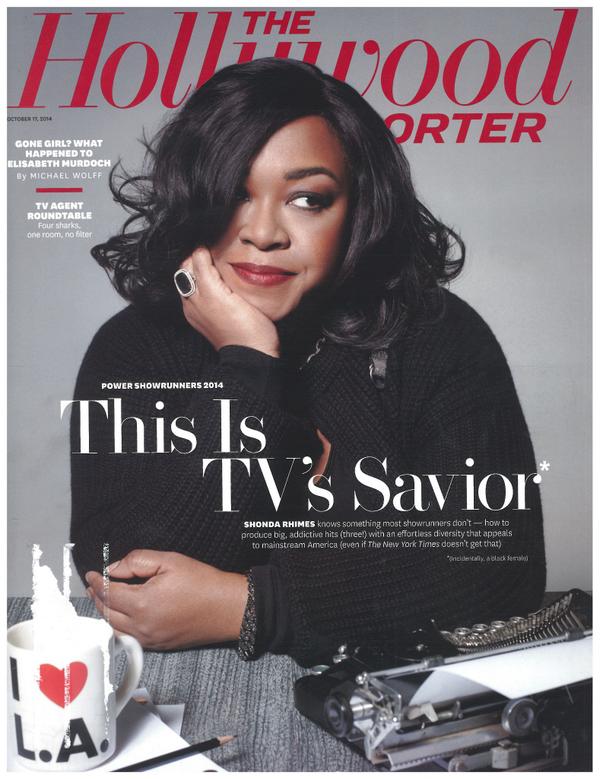

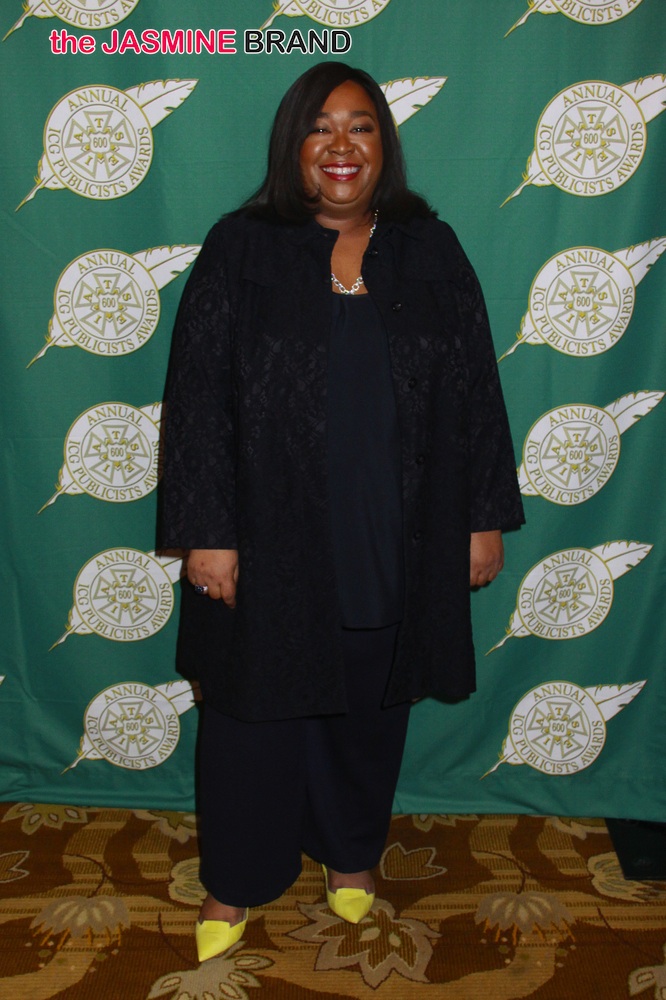
 Previous Article
Previous Article Next Article
Next Article![[Ear Hustlin’] Source Says Beyoncé & Jay Z’s Marriage Crumbling, Points Finger At Rihanna](https://thejasminebrand.com/wp-content/uploads/2014/07/Screen-Shot-2014-07-28-at-1.45.25-AM.png) [Ear Hustlin’] Source Says Beyoncé & Jay Z’s Marriage Crumbling, Points Finger At Rihanna
[Ear Hustlin’] Source Says Beyoncé & Jay Z’s Marriage Crumbling, Points Finger At Rihanna ![V. Bozeman Covers Michel’le’s “Something In My Heart” [New Music]](https://thejasminebrand.com/wp-content/uploads/2016/01/VBozeman-Something-In-My-Heart-the-jasmine-brand.jpg) V. Bozeman Covers Michel’le’s “Something In My Heart” [New Music]
V. Bozeman Covers Michel’le’s “Something In My Heart” [New Music] ![J.Hud Signs With Epic + Fantasia Releases ‘Sleeping With The One I Love’ [VIDEO]](https://thejasminebrand.com/wp-content/uploads/2016/06/jennifer-hudson-fantasia-the-jasmine-brand.jpg) J.Hud Signs With Epic + Fantasia Releases ‘Sleeping With The One I Love’ [VIDEO]
J.Hud Signs With Epic + Fantasia Releases ‘Sleeping With The One I Love’ [VIDEO] 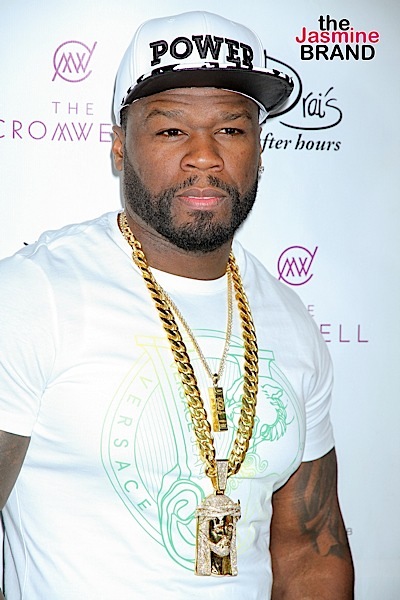 50 Cent Says Jay Z’s Album Is “Too Smart”
50 Cent Says Jay Z’s Album Is “Too Smart” 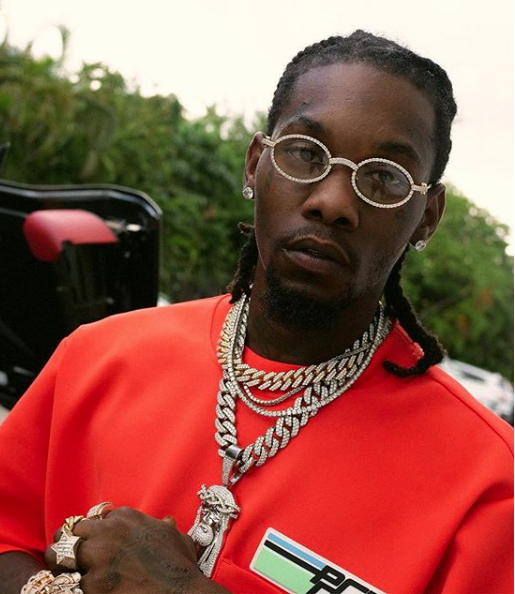 Offset On Balancing Baby Mamas, Whooping His Son & Social Media Trying To Ruin His Marriage
Offset On Balancing Baby Mamas, Whooping His Son & Social Media Trying To Ruin His Marriage ![Look! Beyonce’s Fashionable Las Vegas Weekend [Photos]](https://thejasminebrand.com/wp-content/uploads/2015/05/Screen-Shot-2015-05-04-at-3.08.57-PM.jpg) Look! Beyonce’s Fashionable Las Vegas Weekend [Photos]
Look! Beyonce’s Fashionable Las Vegas Weekend [Photos] 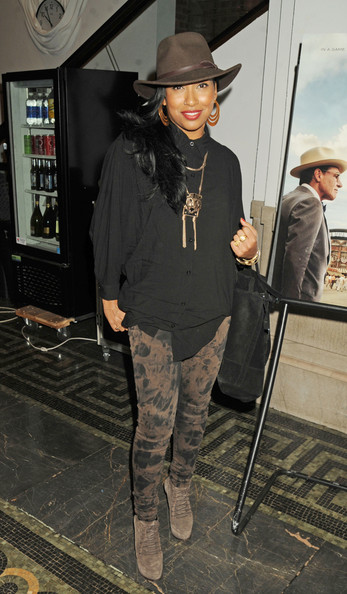 Located In Lost & Found: Lil Wayne’s Baby Mama, Nivea, Throws ATL Birthday Party + Melanie Fiona, Angie Martinez Hit Jackie Robinson Movie Premiere
Located In Lost & Found: Lil Wayne’s Baby Mama, Nivea, Throws ATL Birthday Party + Melanie Fiona, Angie Martinez Hit Jackie Robinson Movie Premiere 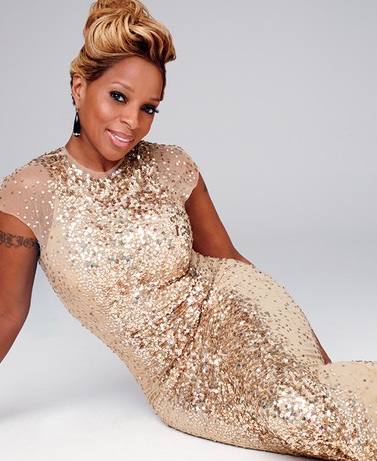 Mary J. Blige Says You Can Be A Christian & Believe In Same Sex Marriage
Mary J. Blige Says You Can Be A Christian & Believe In Same Sex Marriage